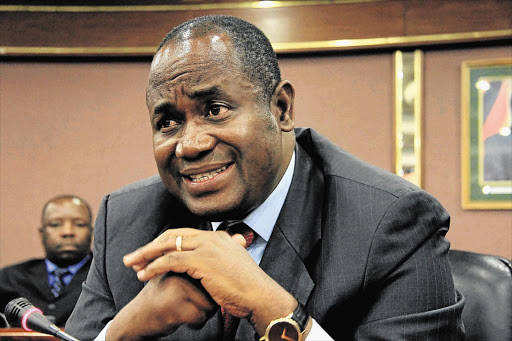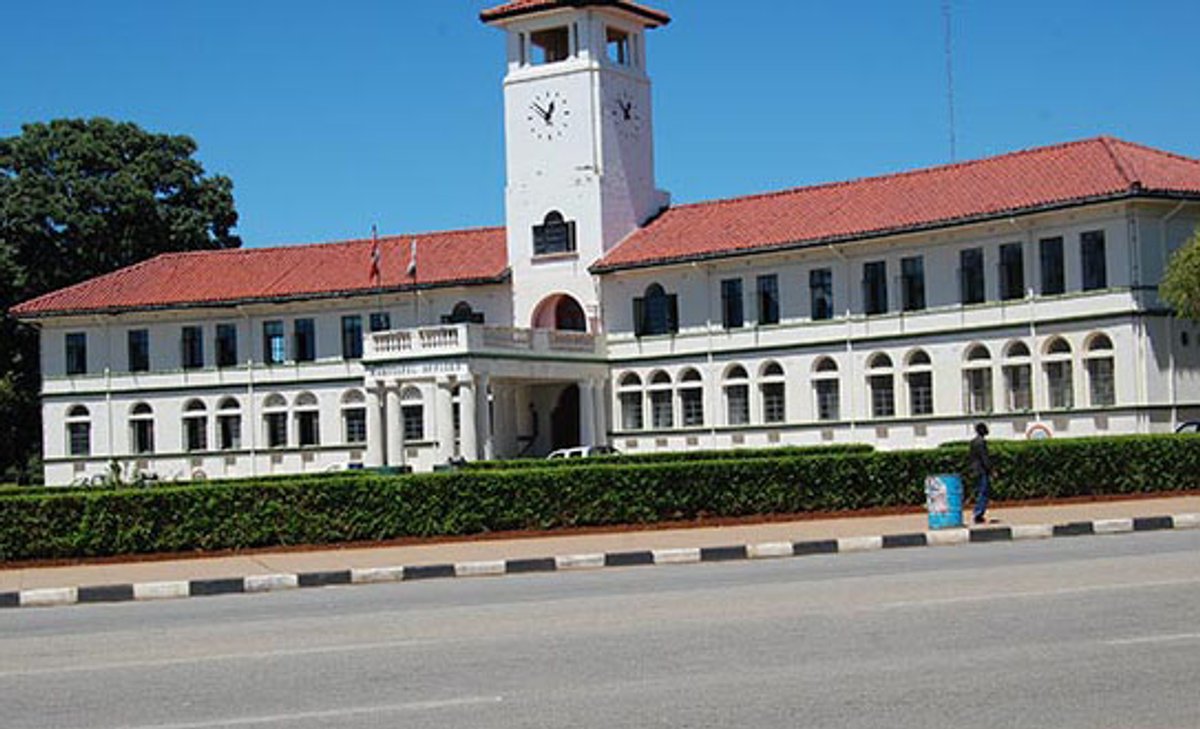The Zimbabwean
government is facing renewed criticism over its handling of Treasury
Bills (TBs), amid allegations of corruption, regulatory manipulation,
and financial mismanagement that have raised alarm within the country's
economic and financial circles.
Treasury Bills are short-term
government debt instruments typically issued with maturities of 91, 182,
or 365 days to fund public expenditure. However, recent investigative
reports and expert commentary suggest that TBs have been abused by
politically connected elites to access foreign currency and profits at
the state's expense, contributing to a spike in domestic debt.
One
of the most serious concerns has been the alleged issuance of TBs
without parliamentary oversight, undermining transparency and
accountability. Critics claim this has created a shadow financial system
benefitting a select few while destabilising public finances.
In
December 2024, the government reportedly struggled to honour maturing
TBs owed to local banks, further eroding market confidence.
Speaking
at the Zimbabwe National Chamber of Commerce 2025 annual congress held
in Victoria Falls last week, banker and financial expert Tawanda
Nyambirai warned that the current TB regime is damaging the country's
financial credibility.
"We have had the situation where Treasury
Bills come to maturity, and this has resulted in a situation where
these bills are discounted at ridiculous rates," Nyambirai said.
"This is regulatory behaviour that completely erodes confidence in the regulator and in the financial services sector."
Nyambirai
slammed the excessive discretion afforded to authorities overseeing the
TBs, likening the environment to a "graveyard of capital."
"Where the regulator has become the accuser, the judge, the executioner, and the undertaker," he added.
While
stakeholders have previously blamed the Reserve Bank of Zimbabwe (RBZ)
for the issuance and management of these securities, the central bank
has distanced itself from the controversy.
RBZ Deputy Governor
Innocent Matshe clarified that the central bank no longer plays a role
in fiscal operations, including Treasury Bill issuance.
"The RBZ
is no longer going to be involved in any kind of fiscal operation.
Fiscal issues will be dealt with by the Treasury," Matshe said.
"All of these legal debts were moved to the Treasury. The Reserve Bank has no use for these bills."
He
acknowledged the central bank's previous involvement in quasi-fiscal
activities but said such practices had been halted by the Ministry of
Finance, Economic Development and Investment Promotion, which assumed
the full burden of public debt.
"The time when the Reserve Bank
is going to be dishing out money is gone. We need to go out there and do
it ourselves," Matshe added, urging financial institutions to seek
offshore lines of credit instead of relying on state support.
According
to Treasury figures, as of September 2024, Treasury Bills on the
government's books amounted to US$261 million, while Treasury Bonds
stood at US$4.87 billion.
The controversy over TBs underscores
deeper concerns about Zimbabwe's fiscal governance, as the country
continues to battle debt distress, low investor confidence, and a
fragile currency environment.
Economic analysts say resolving the
TB issue requires legislative reform, transparent debt management, and
stronger oversight to prevent future abuse of public borrowing
mechanisms.
- online
 Mnangagwa in Eswatini
Mnangagwa in Eswatini  South Africa is in serious trouble
South Africa is in serious trouble  US halts visa services for Zimbabwean nationals
US halts visa services for Zimbabwean nationals  ZSE and VFEX recover after weak 1st half
ZSE and VFEX recover after weak 1st half  Gold edges up as traders await guidance
Gold edges up as traders await guidance  Zimbabwe Agricultural Show 2025 kicks off
Zimbabwe Agricultural Show 2025 kicks off  Young Investment Professional (YIP) Graduate Programme 2019
Young Investment Professional (YIP) Graduate Programme 2019 










 Young Investment Professional (YIP) Graduate Programme 2019
Young Investment Professional (YIP) Graduate Programme 2019
Editor's Pick